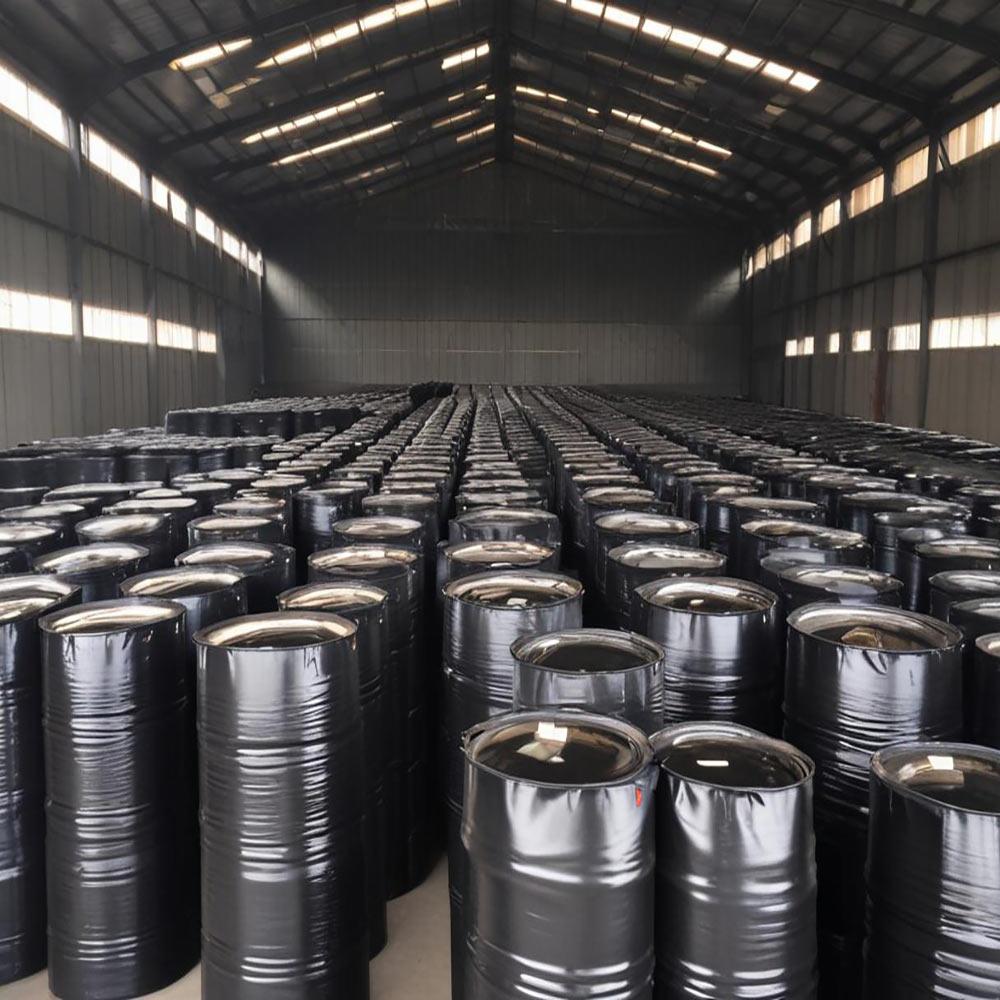Discover how to identify premium-quality marble and stone from top suppliers in Italy, Iran, and Turkey. Learn key facto...
The Strategic Importance of Bitumen Exports from Iran
Iran's Strategic Bitumen Exports A Key Player in Global Infrastructure Development
Bitumen, a key byproduct of petroleum, is one of Iran's most significant export commodities. With its robust infrastructure and advanced refineries, Iran is a leading bitumen producer, supplying countries worldwide. Among the primary destinations for Iranian bitumen are China, India, several African nations, Uzbekistan, Turkmenistan, Armenia, Georgia, and Turkey. Each market presents unique opportunities and challenges, making them critical to Iran's export strategy.

Bitumen export to China
With land and sea borders, China has become an international trade power. Its strategic geographic position allows it to access open waters from multiple points, enhancing its trade capabilities. China has established extensive trade relations with numerous countries, with Iran being a significant partner. The demand for bitumen in China is high, driven by the country's rapid infrastructure development. China is one of the largest importers of Iranian bitumen, making it a crucial market for Iran. The high demand and Iran's ability to meet this need have solidified China's position as one of the primary consumers of Iranian bitumen.
Bitumen export to India
India, having political ties with Iran, provides another vital market for bitumen exports. Bitumen is essential in asphalt production, which is in high demand due to India's extensive road construction projects. The favorable political relationship between India and Iran has facilitated smoother trade, making India one of the top importers of Iranian bitumen. Key considerations for exporting to India include effective market research, proper packaging, and understanding the logistics and documentation requirements for successful trade.

Bitumen Exports to African Countries
Africa, a continent with vast export potential, remains an untapped market for many Iranian exporters. With over 50 countries and a trade volume exceeding $1 trillion annually, Africa imports a significant portion of its needs, including petrochemical products like bitumen. The growing infrastructure projects across the continent, especially in road construction, make African countries important destinations for Iranian bitumen. The opportunity to expand trade relations with African nations is immense, given the continent's demand for high-quality bitumen.
Bitumen Exports to Uzbekistan
Uzbekistan, a key member of the Shanghai Cooperation Organization (SCO), has emerged as an important target market for Iranian exports. The cultural and geographical proximity between Iran and Uzbekistan has fostered strong trade relations, with bitumen being a significant export product. In recent years, trade between the two countries has seen substantial growth, making Uzbekistan one of the most important markets for Iranian bitumen. Iran's advanced refineries ensure a steady supply of high-quality bitumen to meet Uzbekistan's growing infrastructure needs.
Bitumen Exports to Turkmenistan
Turkmenistan, a neighboring country with extensive land borders shared with Iran, is another key market for bitumen exports. The trade relations between Iran and Turkmenistan are further strengthened by their strategic position as a gateway to Central Asia. Khorasan province in the northeast of Iran, which shares a 531 km border with Turkmenistan, plays a central role in facilitating this trade. The proximity to Ashgabat, the capital of Turkmenistan, and the existence of numerous active border terminals such as Sarkhs, Bajgiran, Lotfabad and Dirghan, have made Turkmenistan a vital trading partner of Iran.
Bitumen Exports to Armenia
Armenia, sharing a land border with Iran, benefits from direct land routes, making it an accessible market for Iranian exports. The long-standing political and commercial relations between Iran and Armenia have created a favorable environment for the export of bitumen. Iranian bitumen is crucial for Armenia's infrastructure projects, and the establishment of a factory in Armenia that imports bitumen and other equipment from Iran underscores the importance of this trade relationship. The procedures for exporting to Armenia include obtaining a commercial card, selecting the appropriate goods, and understanding the customs regulations in Armenia.
Bitumen Exports to Georgia
Despite the absence of a direct land border, Georgia remains a significant market for Iranian bitumen. The cultural and historical ties between the two nations have facilitated strong trade relations, with Georgia relying on Iranian bitumen for its infrastructure needs. As a non-oil-producing country, Georgia represents a lucrative market for Iranian bitumen. Exporting to Georgia requires navigating international routes, with goods often passing through Turkey or Armenia. This trade route underscores the strategic importance of Iran's geographical location in facilitating exports to countries like Georgia.
Bitumen Exports to Turkey
Turkey, Iran's northwestern neighbor, is one of the most popular destinations for Iranian exports, including bitumen. The robust political and trade relations between Iran and Turkey have made it easier for Iranian exporters to penetrate the Turkish market. Bitumen exports to Turkey are facilitated through various routes, including land, sea, and air, with the Jolfa border in Azerbaijan's East providing a critical gateway. Understanding the Turkish market, complying with local regulations, and effectively managing logistics are crucial for successful trade.

Conclusion
Iran's strategic location, advanced refining capabilities, and strong trade relations with neighboring and distant countries have positioned it as a leading exporter of bitumen. Countries like China, India, and Turkey are among the top importers, driven by their significant infrastructure projects. Meanwhile, emerging markets in Africa, Central Asia, and the Caucasus offer new opportunities for Iranian bitumen exporters. By leveraging these relationships and continuously improving export processes, Iran can maintain and expand its presence in these vital markets, ensuring continued economic growth and stability.




